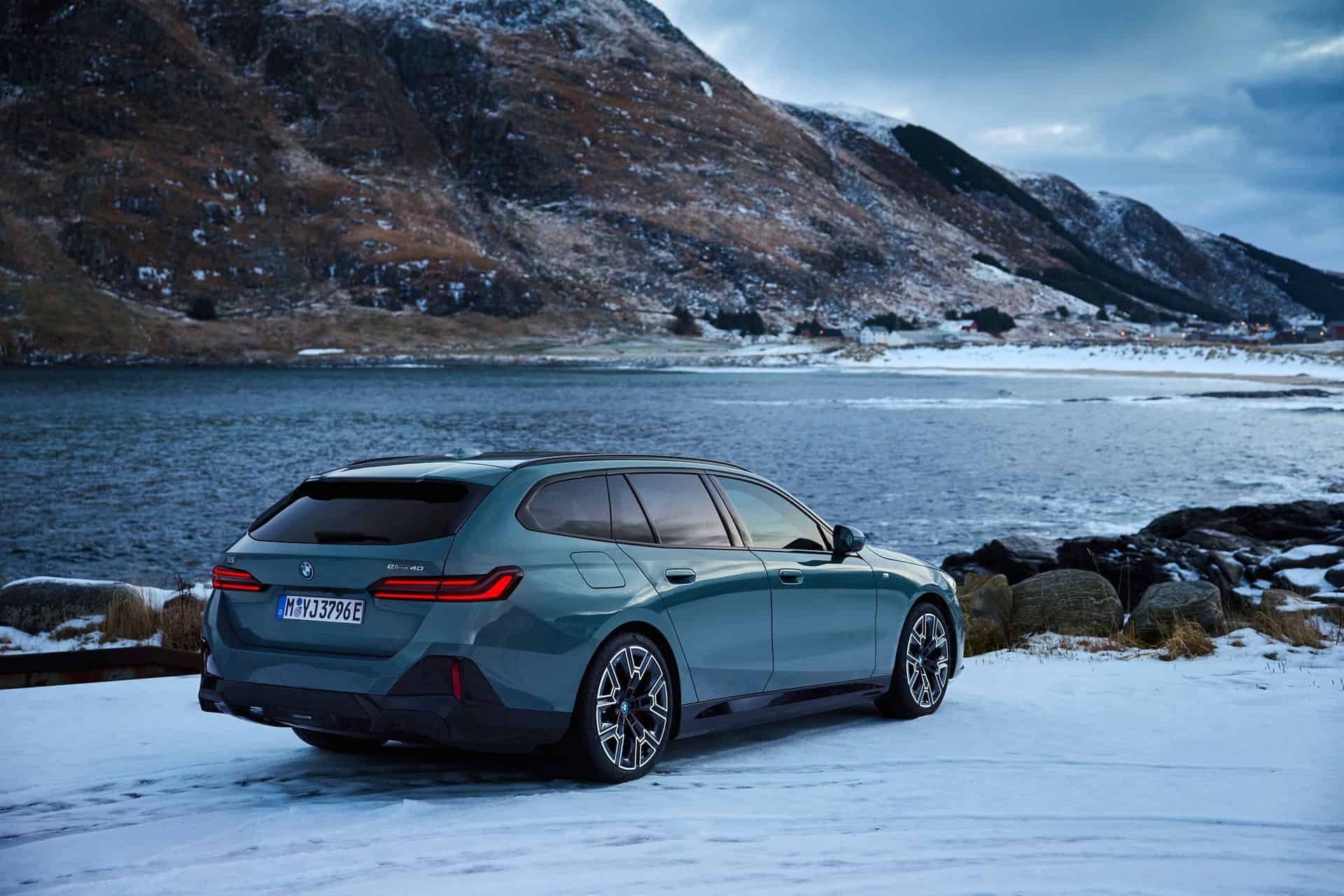Demand for electric vehicles is slowing but the BMW Group is not backing down from its lofty EV goals. During the Annual General Meeting held today, CEO Oliver Zipse reconfirmed the objective to have electric vehicles account for around 50% of sales by 2030. The automotive conglomerate projects sales of zero-emission models will significantly increase in the next years.
“Demand for EVs will continue to climb – although not in a linear fashion; it will be dynamic and market-specific. We reiterate this time and again – and it holds true in multiple markets. We see e-mobility as the fastest-growing drive technology – today and in the future.”
In 2023, EVs represented only 14.7% of the BMW Group’s total sales, so the goal is for the percentage to jump 3.4 times by the end of the decade. How can this be achieved? By introducing even more electric vehicles. While next year’s Neue Klasse iX3 will replace the CLAR-based model, additional models are planned. The intent is to launch at least six NK vehicles by 2028, including an i3 sedan confirmed for a 2026 launch. Some of these next-gen electric models will be built in China in 2026 and Mexico in 2027.
The arrival of Neue Klasse doesn’t mean BMW is done launching EVs that share a platform with gasoline vehicles. We’re hearing the next X5, X6, and X7 will stick to the CLAR architecture but spawn iX5, iX6, and iX7 variants. That would make sense considering the company has already announced plans to build at least six electric SUVs in Spartanburg by 2030.
Before this decade ends, we might get another entry-level EV as a spiritual successor to the i3. It could be called i1 and carry the “NB0” internal designation. A lower-priced model slotting below the iX1 would help BMW boost the share of electric cars in total sales.
To date, the BMW Group has sold over one million EVs since the i3 came out back in 2013. This year, over 15 models without a combustion engine will be available across BMW, MINI, and Rolls-Royce. Zipse says the company currently has a 4.1% share in the global EV market. Interestingly, it’s actually higher than the 3.3% share the BMW Group has across all types of cars.
Source: BMW






































































